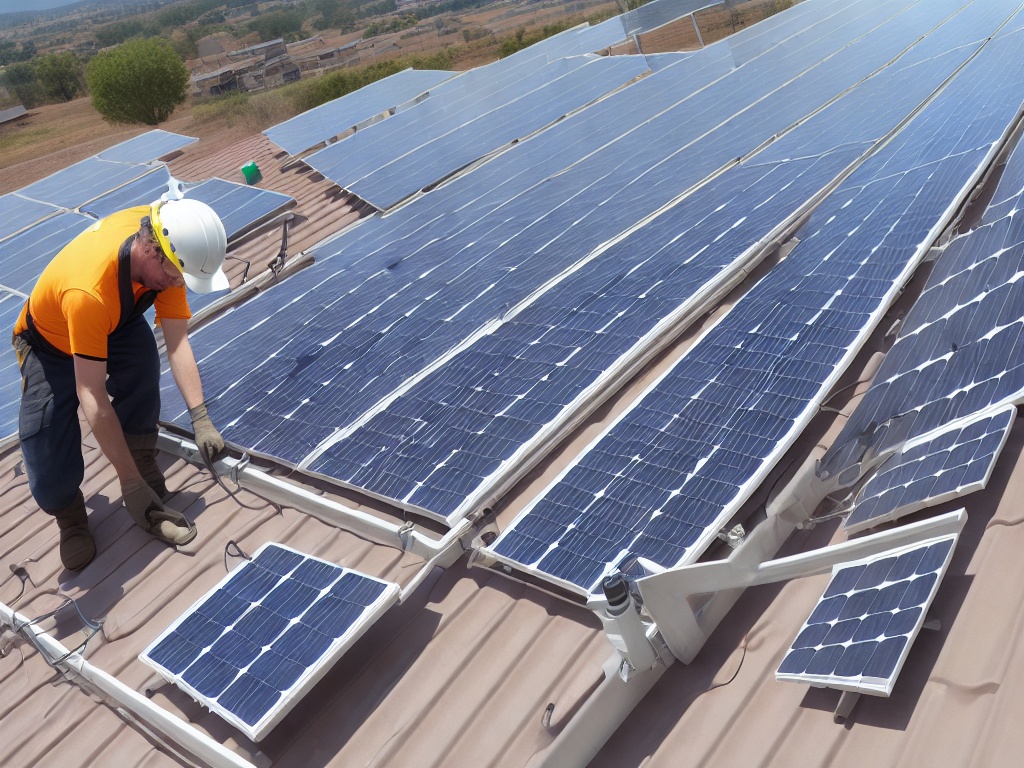- Resources
- Service Areas
- San Jose Solar Installation
- Sunnyvale Solar Installation
- Santa Clara Solar Installation
- Mountain View Solar Installation
- Milpitas Solar Installation
- Palo Alto Solar Installation
- Cupertino Solar Installation
- Gilroy Solar Installation
- Morgan Hill Solar Installation
- Campbell Solar Installation
- Los Gatos Solar Installation
- Los Altos Solar Installation
- Sacramento Solar Installation
- Elk Grove Solar Installation
- Arden-Arcade Solar Installation
- Citrus Heights Solar Installation
- Folsom Solar Installation
- Carmichael Solar Installation
- Rancho Cordova Solar Installation
- Florin Solar Installation
- North Highlands Solar Installation
- Antelope Solar Installation
- Napa Solar Installation



